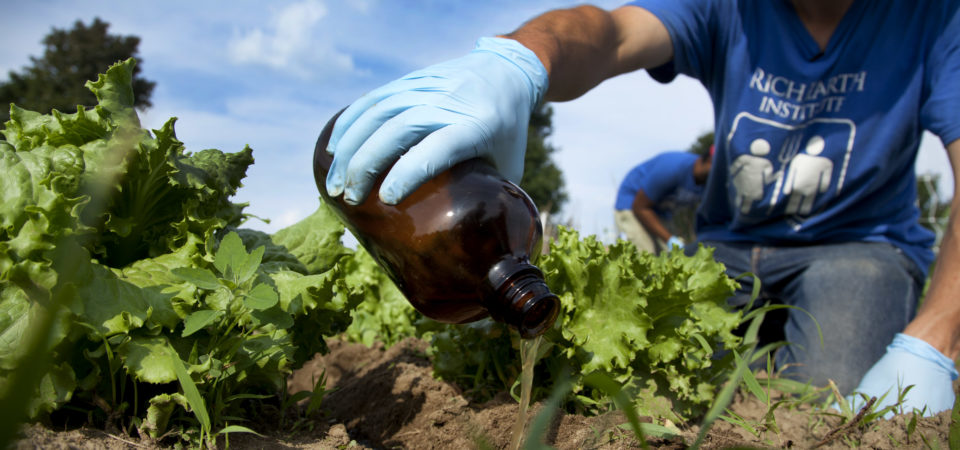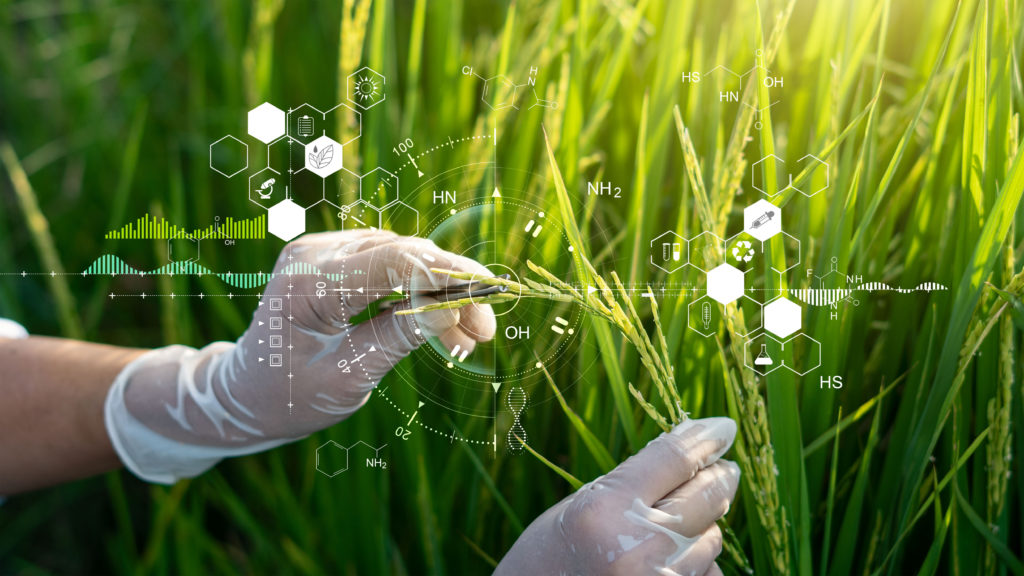
This is done by using microbes, fungi and bacteria which can consume pollutants and breaking it down. Environmental biotechnological companies apply principles of biotechnology to protection and restoration of the environment through processes such as clean energy production, wastewater treatment, removal of pollution, renewable energy generation or biomass production by using biological processes. Sustainability is essential for ensuring natural resources are not depleted so future generations can also benefit from these resources.
Understanding how the environment works at a molecular and cellular level.

Understanding how thee environment works at a molecular and cellular level.
Plastic pollution is one of the major issues we are facing globally. One new technology to produce plastics sustainably is using recyclable bioplastics from agricultural and forestry waste. This is done by a company in Amsterdam named Avantium which is working with big brands like Coca-Cola to make sustainable bottles. Carbios a company based in France is breaking down and recycling commonly used plastics like microbial enzymes.
https://www.labiotech.eu/best-biotech/sustainable-biotechnology/


























Site by Habit
